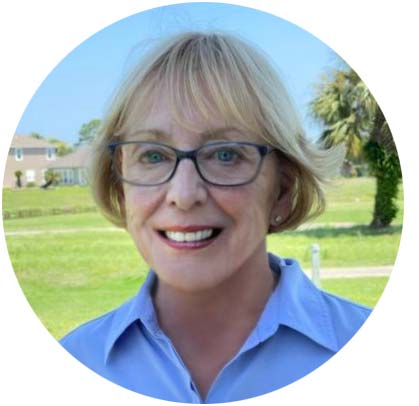

Unlocking the Fountain of Knowledge: The Power of Lifelong Learning for Seniors
“Commit yourself to lifelong learning. The most valuable asset you will ever have is your mind and what you put into it.” – Albert Einstein
It could be that you were on your way to earning your college degree, but life got in the way—marriage, family, college tuition for the kids. Or perhaps you just want to pass that economics class you had so much trouble with, or you simply have a thirst for knowledge. Whatever your reasons, it’s never too late to learn. Continuous learning for seniors can boost mental sharpness and help ward off cognitive decline.
Free and Affordable Continuing Education for Seniors
For seniors wishing to further their education, many options are available, from free to reduced course fees. Some institutions allow you to earn credits toward a degree or audit a course (i.e., attending a course as a non-graded participant). Although most cover the cost or a portion of the cost of tuition, many require that you cover the cost of textbooks and other fees, such as application fees.
Each institution has different rules. For example, you may have to wait until the end of the enrolment period. If the class is full, you will have to wait for the next opportunity. In addition, many free programs only allow you to audit classes, in which case you won’t receive college credit. Some institutions offer in-person, online or hybrid attendance. Three examples of states offering seniors reduced-fee or tuition-free classes include:
- Nebraska: Residents age 65 and older are allowed to take classes for credit or audit a class for free. At the University of Nebraska campuses in Lincoln and Omaha, seniors may audit up to two classes a semester for a $25 fee.
- Florida: Residents age 60 and older can get a tuition waiver for classes audited at any state university, including the University of Florida, Florida State University, and the University of West Florida.
- Kansas: Residents age 60 and older can audit undergraduate and graduate courses at any state university tuition-free; however, some fees could apply.
Finding Continuing Education Opportunities That Fit You
Don’t know where to look? A great place to start is the internet. The AARP offers a list of free or reduced-cost colleges in all 50 states. Kiplinger also offers a state-by-state list. Money Talks News provides a list of nine institutions that offer free tuition. Another good source is The Penny Hoarder. Generally, the schools require that you live in the same state and are over a certain age. Rules for admission vary from state to state, so it is important to review them before making your selection.
You may be eligible for a tax break if you accrue continuing education costs. Visit the IRS site for information.
Not Interested in College Courses but Want To Keep Learning?
If college isn’t your cup of tea, your community likely offers opportunities to learn. Check out senior centers and libraries near you. Many offer guest speakers on different subjects or classes to learn new skills. The Area Agency on Aging offers thousands of opportunities for seniors to learn new things. Check out StoryPoint Group, where you will find free online courses for seniors.
The Importance of Mental Sharpness in Aging
Studies have shown that keeping your brain active improves cognition and socialization and reduces loneliness. In addition, numerous studies are underway worldwide on the relationship between learning and dementia, including Alzheimer’s.
Age is just a number, and it’s never too late to learn. Get started reviewing opportunities in your state or community. And share this blog with a friend or loved one who could use some encouragement to “unlock their fountain of knowledge.”
About Right at Home
Right at Home’s professional in-home caregivers provide services that support the physical and mental health of senior clients. Use our location finder to contact your local Right at Home office and ask for a FREE in-home consultation.







